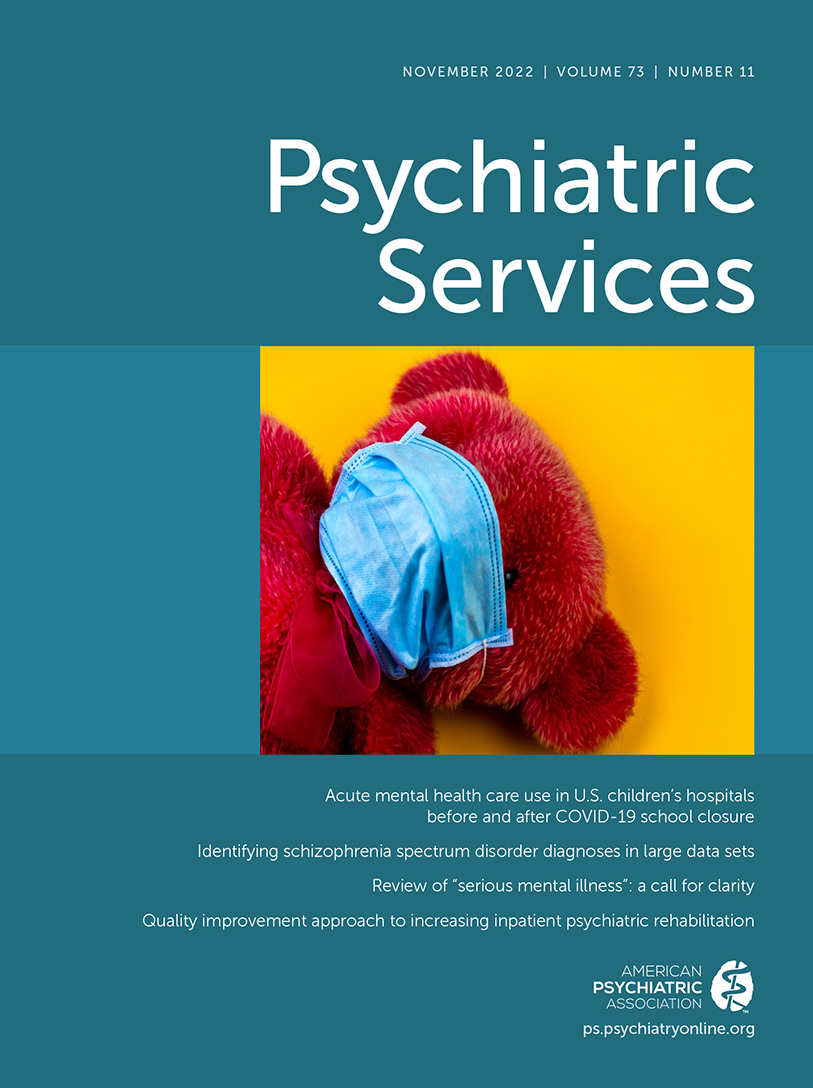Civilian Petitioners and Extreme Risk Protection Orders in the State of Washington
Abstract
Objective:
Extreme risk protection orders (ERPOs) are civil orders designed to temporarily restrict access to firearms when people are at substantial risk of harm to themselves or others. A minority of ERPOs in the United States have been filed by civilians, with most filed by law enforcement. The authors examined barriers and facilitators to the ERPO filing process from the perspective of the civilian petitioner.
Methods:
Semistructured interviews of civilian petitioners who filed ERPOs in Washington State from December 2016 to September 2020 were conducted. The interviews examined both barriers and facilitators to filing an ERPO. A descriptive and qualitative approach with inductive-deductive thematic analysis was used to identify and code themes.
Results:
Fifteen civilian petitioners were interviewed. Barriers to ERPO filing included perceived lack of help connecting with social services to address the potential for harmful behavior, confusion regarding the filing and court process, and petitioner distress. Facilitators included having previous legal experience, having assistance from advocates who helped shepherd petitioners through the process, and simplification of the ERPO process.
Conclusions:
ERPO is a useful tool for suicide and violence prevention, but several barriers may be inhibiting ERPO use among civilian petitioners. Better educational resources and advocacy programs, as well as simplified filing steps, could improve the process and make ERPOs more accessible for civilians.



